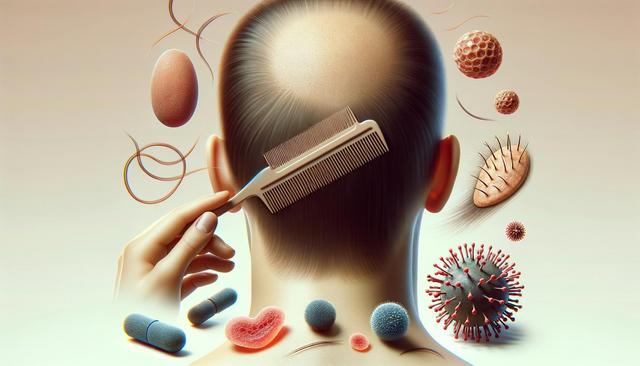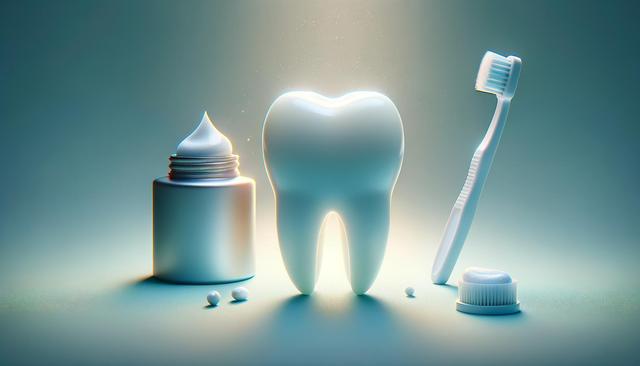Understanding Biotin and Its Role in Hair Health
Biotin, also known as vitamin B7, is a water-soluble vitamin that plays a crucial role in maintaining healthy hair, skin, and nails. It assists in the production of keratin, a protein that forms the structural foundation of hair strands. Many individuals turn to biotin supplements or biotin-rich foods to address hair concerns like thinning or breakage. Although biotin deficiency is relatively rare, it can lead to noticeable hair problems when it occurs. It’s important to recognize that biotin supports the body’s natural processes rather than acting as a quick fix for hair-related issues.
Sources of Biotin in Everyday Diet
Adding biotin to your diet can be simple and delicious. There are many natural sources of biotin that can help support healthy hair growth. Some foods rich in biotin include:
- Egg yolks
- Nuts and seeds, especially almonds and sunflower seeds
- Legumes like peanuts and soybeans
- Whole grains
- Organ meats such as liver and kidney
Including a variety of these foods in your meals ensures a more balanced intake of biotin along with other essential nutrients. Cooking methods can affect biotin levels, so where possible, consuming these foods raw or minimally processed can help retain their vitamin content.
Potential Benefits of Biotin for Hair Strength and Growth
Many individuals notice improvements in the condition of their hair after increasing their biotin intake. While results can vary based on individual health factors, biotin is thought to contribute to:
- Stronger hair strands that are less prone to breakage
- Reduction in hair shedding
- Enhanced hair thickness and volume
- Support for natural hair growth cycles
Clinical evidence on biotin’s effectiveness is still developing, and while some studies have shown positive outcomes, it is generally most beneficial for those with an underlying deficiency. Patience is key, as visible improvements typically take several months of consistent intake.
Choosing a Biotin Supplement: What to Consider
For those who may not get enough biotin from their diet, supplements can be a convenient option. When selecting a biotin supplement, consider the following factors:
- Dosage: Look for a product that offers an appropriate daily amount without excessive dosing.
- Form: Biotin is available in tablets, capsules, and even gummies.
- Purity: Products with minimal fillers and additives are generally preferred.
- Certification: Seek supplements that are third-party tested for quality and safety.
Consulting with a healthcare provider before starting any new supplement is advisable, especially for individuals with underlying health conditions or those taking other medications.
Other Lifestyle Factors That Support Healthy Hair
While biotin can play a supportive role, healthy hair also depends on a broader lifestyle approach. Some practices that complement biotin intake include:
- Maintaining a balanced diet rich in vitamins and minerals
- Staying hydrated to support overall cell health
- Reducing heat styling and chemical treatments that can damage hair
- Managing stress, which can contribute to hair loss
- Getting regular trims to prevent split ends
Combining good nutrition with healthy hair care habits creates a strong foundation for achieving and maintaining vibrant hair over time.
Conclusion: Supporting Hair Health with a Holistic Approach
Incorporating biotin, whether through diet or supplements, can be a beneficial part of a broader strategy for maintaining healthy hair. However, it works best when paired with overall healthy habits and realistic expectations. Understanding your unique needs and consulting with a healthcare professional can help you tailor an approach that supports your hair’s natural vitality in the long run.


